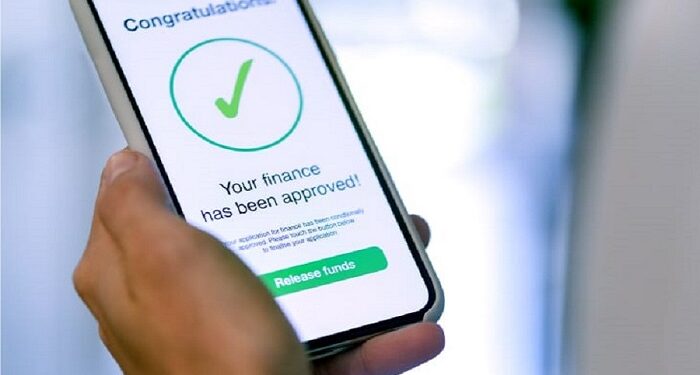Consumers’ financial circumstances have depreciated recently, especially with the emergence of the ravaging COVID-19 pandemic. It is estimated that COVID-19 will result in more job losses and small business owners facing a cash crunch. So, millions worldwide, including Nigerians, are downloading instant loan apps to make ends meet. Taking advantage of this, cybercriminals are using new ways to swindle mobile phone and computer users. The spate of financial fraud has continued to increase manifold.
The venture capital tracking platform Traxcn estimates that there are currently 484 lending apps in India, including genuine apps listed on the Play Store and App Store. More than a hundred apps offer payday loans, many of which have over a million installs.
As these numbers continue to grow, awareness about such loan apps frauds can help one to prevent falling for them.
How to know fake loan apps
1. When the lender isn’t concerned about your payment history: One of the indicators of genuineness is whether a lender wants to check your credit report before lending you money. Reputable lenders clarify that they must look at your credit history before approving any loans. They need to know whether you have a history of paying bills on time and in full, which assures them that you’ll be just as conscientious about repaying a loan.
On the other hand, the operators of loan scams aren’t really interested in timely repayment. They tend to do the opposite, seeking high-risk debtors who, in desperation to get a loan, are more likely not to examine/investigate the loan app carefully.
2. The lender pressures you to act immediately: If a lender pressures you into applying for a loan by putting up some kind of deadline, do not fall for the urgency plea, as you could be dealing with a loan scam.
3. Inappropriately disclosed fee: If your lender doesn’t disclose the comprehensive details of the application, appraisal, or credit report fees, turn them down instantly.
4. When the lender’s website isn’t secure: When visiting a lender’s site, always look for a padlock symbol on any pages where you’re asked to provide personal information. https:// websites are secure and shielded from identity burglars who steal and sell individual data to other criminals.
A reliable lender will ensure your data is secure and will not intentionally expose your information, protecting you from loan scams.
5. The lender has no physical address: Make sure the lender you’re interested in has provided a physical office location. If you don’t find any indication of an authentic physical address, you should stay away from the lender. Many loan scam operators would rather be invisible to avoid legal consequences.
On the pretext of providing credit/loans, these apps charge an upfront application fee or membership. The user is then redirected to other apps to apply. Many smaller lending apps don’t even have a website or are not licensed. Therefore, their authentication is impossible.
Therefore, individuals looking for loans should be able to differentiate genuine fintech players from fake ones to meet their credit needs without getting scammed.
Individual loan scammers invest a lot of time and effort to make their scams look real to gain your trust. Differentiating fake from real is difficult, but you must try to find a legitimate loan company.
Even if you have a below-average credit score, plenty of companies offer legitimate loans. When searching for a good lender, start with these steps:
Check for contact information. A lender’s phone number, email address and physical address should be readily available on the website, even if it’s an online-only lender.
Investigate online reviews. Customers who post online will have the best insight into their experience working with a lender.
Looking at the various professional websites that review various loan apps occasionally is a good way to determine if a lender is trustworthy.












